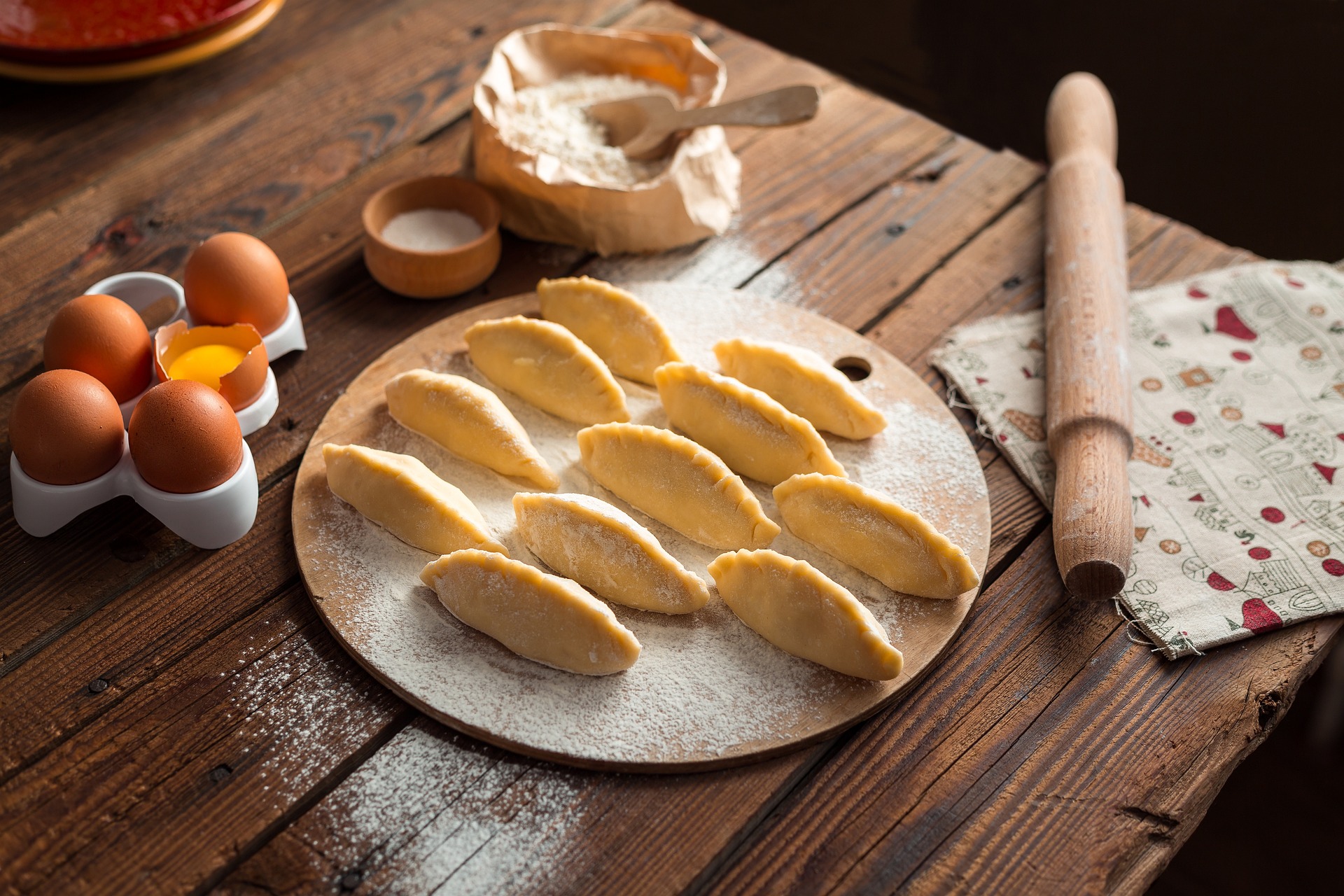Discovering the Magic of Moroccan Cuisine: A Gastronomic Journey
Moroccan cuisine is as rich as its culture. Its flavors are intricate and its ingredients are diverse. This article will take you on a tantalizing journey through Moroccan gastronomy, exploring its unique flavors, signature dishes, and cooking techniques.

The Aromas of Morocco
Moroccan food is a sensory experience. From the intoxicating aroma of spices to the vibrant colors of its dishes, it is a feast for the senses. The heart of Moroccan cuisine lies in its spices, such as cumin, coriander, saffron, and paprika. These spices are often combined into a blend called Ras el Hanout, which adds a warm, aromatic flavor to many dishes.
Signature Dishes
Tajine and couscous are two of the most iconic Moroccan dishes. Tajine, named after the conical earthenware pot it’s cooked in, is a slow-cooked stew made with meat, poultry, or fish, combined with a variety of vegetables, fruits, and spices. Couscous, a staple food in Morocco, is often served with meat or vegetable stew.
Moroccan Bread and Pastries
Bread is a vital part of every Moroccan meal. From the fluffy Khobz to the crispy Rghaif, each type of bread has its unique taste and texture. In addition to bread, Moroccan pastries are worth mentioning. These sweet treats, often filled with almonds and honey, are a perfect end to a Moroccan meal.
Beverages: Beyond Mint Tea
Mint tea is a symbol of Moroccan hospitality. However, Morocco’s beverage scene is much more diverse. There’s the refreshing “Panache,” a blend of different fruit juices, and “Raib,” a creamy homemade yogurt drink. Moroccan coffee, spiced with a touch of black pepper, is also worth a try.
Moroccan Street Food
Street food in Morocco is a culinary adventure in itself. From the sizzling Merguez sausages to the deep-fried Sfenj doughnuts, Moroccan street food offers a wide array of flavors.
-
Moroccan cuisine is heavily influenced by Berber, Jewish, Arab, and French cultures.
-
Preserving food is a common practice in Morocco. “Khlii,” preserved meat, and “Smida,” preserved butter, are two examples.
-
Morocco is known for its olive oil. The country is one of the largest exporters of olives and olive oil in the world.
To conclude, Moroccan cuisine offers a unique blend of flavors and textures. It is a reflection of the country’s rich culture and history. From its vibrant spices to its hearty stews and sweet pastries, Moroccan food is a culinary journey worth exploring. It is a cuisine that tells a story, a cuisine that invites you to savor each bite and discover its many layers. So, embark on this gastronomic journey and let your senses be captivated by the magic of Moroccan cuisine.




